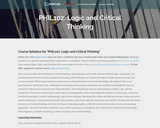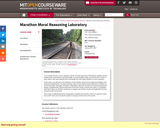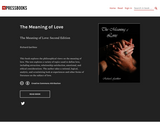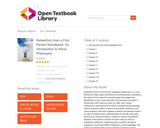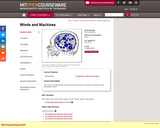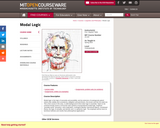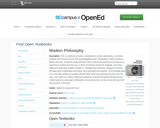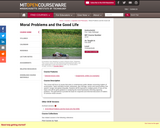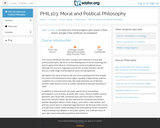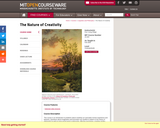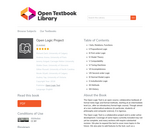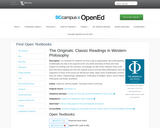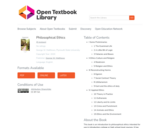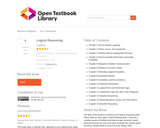
The goal of this book is to improve your logical-reasoning skills. These skills are also called "critical thinking skills." They are a complex weave of abilities that help you get someone's point, generate reasons for your own point, evaluate the reasons given by others, decide what or what not to do, decide what information to accept or reject, explain a complicated idea, apply conscious quality control as you think, and resist propaganda. Your most important critical thinking skill is your skill at making judgments─not snap judgments that occur in the blink of an eye, but those that require careful reasoning.
This book is also available as an adaptable Word file.
Table of Contents
Chapter 1 How to Reason Logically
Chapter 2 Claims, Issues, and Arguments
Chapter 3 Writing with the Appropriate Precision
Chapter 4 How to Evaluate Information and Judge Credibility
Chapter 5 Obstacles to Better Communication
Chapter 6 Writing to Convince Others
Chapter 7 Defending Against Deception
Chapter 8 Detecting Fallacies
Chapter 9 Consistency and Inconsistency
Chapter 10 Deductive Reasoning
Chapter 11 Logical Form and Sentential Logic
Chapter 12 Aristotelian Logic and Venn-Euler Diagrams
Chapter 13 Inductive Reasoning
Chapter 14 Reasoning about Causes and Their Effects
Chapter 15 Scientific Reasoning
- Subject:
- Arts and Humanities
- Philosophy
- Material Type:
- Textbook
- Author:
- Bradley H. Dowden
- Date Added:
- 06/11/2020
